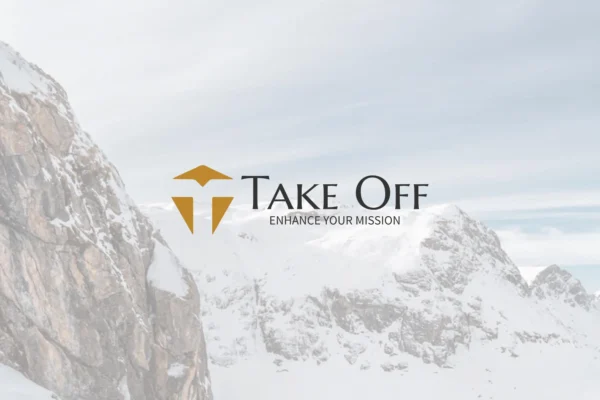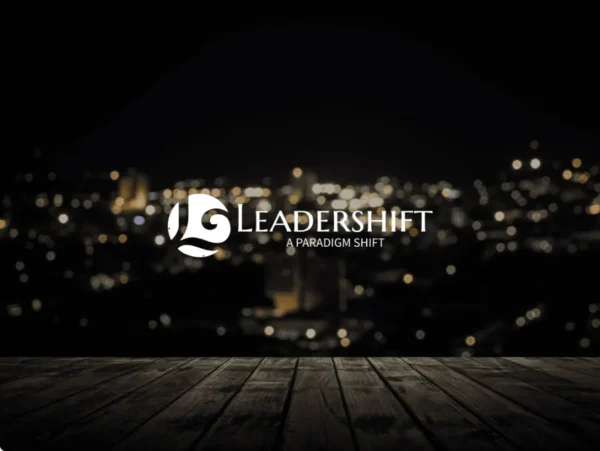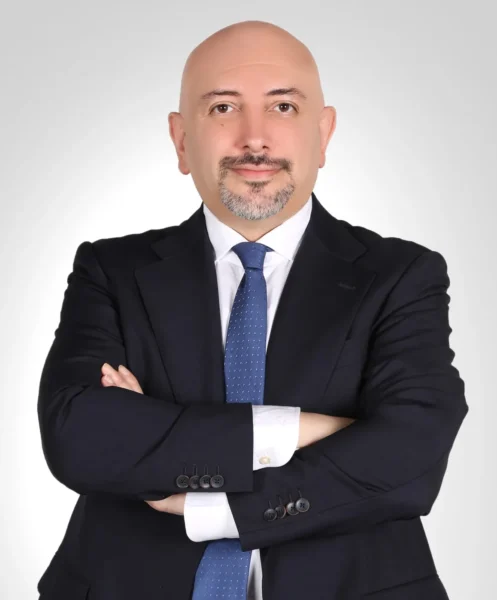Up-shift
Up-shift Services: What is it like?
When organizational managers begin their journey equipped with foundational leadership and management skills and tools, the work is far from over. As they advance to higher managerial levels, they require additional learning and more advanced skills. While the basic tools provide a solid foundation for a successful start, they soon prove insufficient as expectations increase, challenges become greater, and decision-making grows more complex and demanding.
At this stage, greater maturity and sophistication are expected of the manager—qualities that can only emerge through a deepening shift in mindset and perspective. Alongside this, more advanced cognitive tools and decision-making capabilities become essential, enabling the leader to meet the demands of broader responsibilities.
Moreover, the individual faces increased complexity both inside and outside the organization. They are expected to manage and implement appropriate changes not only within the organization but also among their teams.
Conflict among team members and within the organization is inevitable—and indeed necessary. When managed effectively, conflict can be constructive and beneficial. However, it is the manager’s responsibility to handle these conflicts skillfully and maintain them at a productive level. Attempts to suppress or control conflict can be dangerous and often lead to organizational decline.
Yet, if mindset and attitude are neglected, the need for applying these skills and tools will not be fully recognized. Even if knowledge and skills are acquired, true learning and transformation will not occur. For this reason, we believe that working on the mindset and thinking patterns of managers at this stage is both more critical and necessary.
These considerations, among others, form what we see as essential next steps for advancing leadership and management capabilities within individuals.
Roma Leadership Services

Take Off
The second stage involves more theoretical discussions and the acquisition of more advanced and complex skills and tools. Managers are expected to engage in deeper thinking, make decisions on more complicated issues, and overall develop a more precise and profound understanding of their responsibilities and accountability.


Leadershift
The third stage of the journey is primarily a reflective and intellectual one. It centers on a fundamental shift in attitudes, beliefs, and mindsets. A return to the true self—as the foundation of authentic leadership—is the core of this phase. In this stage, we aim to create the conditions for a paradigm shift, offering our fellow traveler the space and support to embrace a deeper transformation.

Members
With Roma, be the best version of yourself.
Personal growth and development is a path that makes sense with professional guidance and support. At Roma Group, we are with you on this path with over a decade of experience in coaching and consulting. Through diverse programs such as Footsteps and Bridges events.
Frequently Asked Questions
The selection of educational content and its program must be done after a careful needs assessment. A correct needs assessment is the first step towards educational effectiveness. Then, the way of presenting the educational experience in a practical and interactive way will ensure that the individual has gained first-hand experience and is more prepared to apply what he has learned in the field of practice. It is necessary that for the effectiveness of education, there are measures to be considered in performance evaluation programs and that the individual has an external motivator in addition to self-aware internal motivation to apply the teachings. Retraining sessions, practice or in-action guidance are the guide and guarantee of the implementation of education.
The selection of educational content and its program must be done after a careful needs assessment. A correct needs assessment is the first step towards educational effectiveness. Then, the way of presenting the educational experience in a practical and interactive way will ensure that the individual has gained first-hand experience and is more prepared to apply what he has learned in the field of practice. It is necessary that for the effectiveness of education, there are measures to be considered in performance evaluation programs and that the individual has an external motivator in addition to self-aware internal motivation to apply the teachings. Retraining sessions, practice or in-action guidance are the guide and guarantee of the implementation of education.
The selection of educational content and its program must be done after a careful needs assessment. A correct needs assessment is the first step towards educational effectiveness. Then, the way of presenting the educational experience in a practical and interactive way will ensure that the individual has gained first-hand experience and is more prepared to apply what he has learned in the field of practice. It is necessary that for the effectiveness of education, there are measures to be considered in performance evaluation programs and that the individual has an external motivator in addition to self-aware internal motivation to apply the teachings. Retraining sessions, practice or in-action guidance are the guide and guarantee of the implementation of education.











